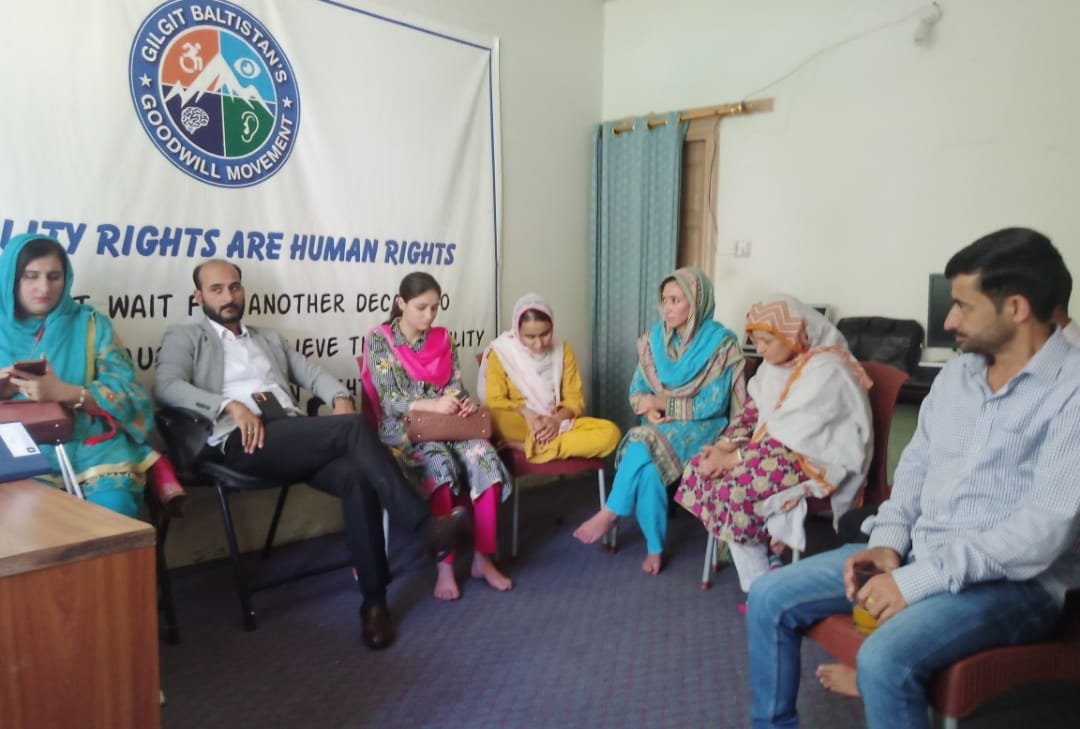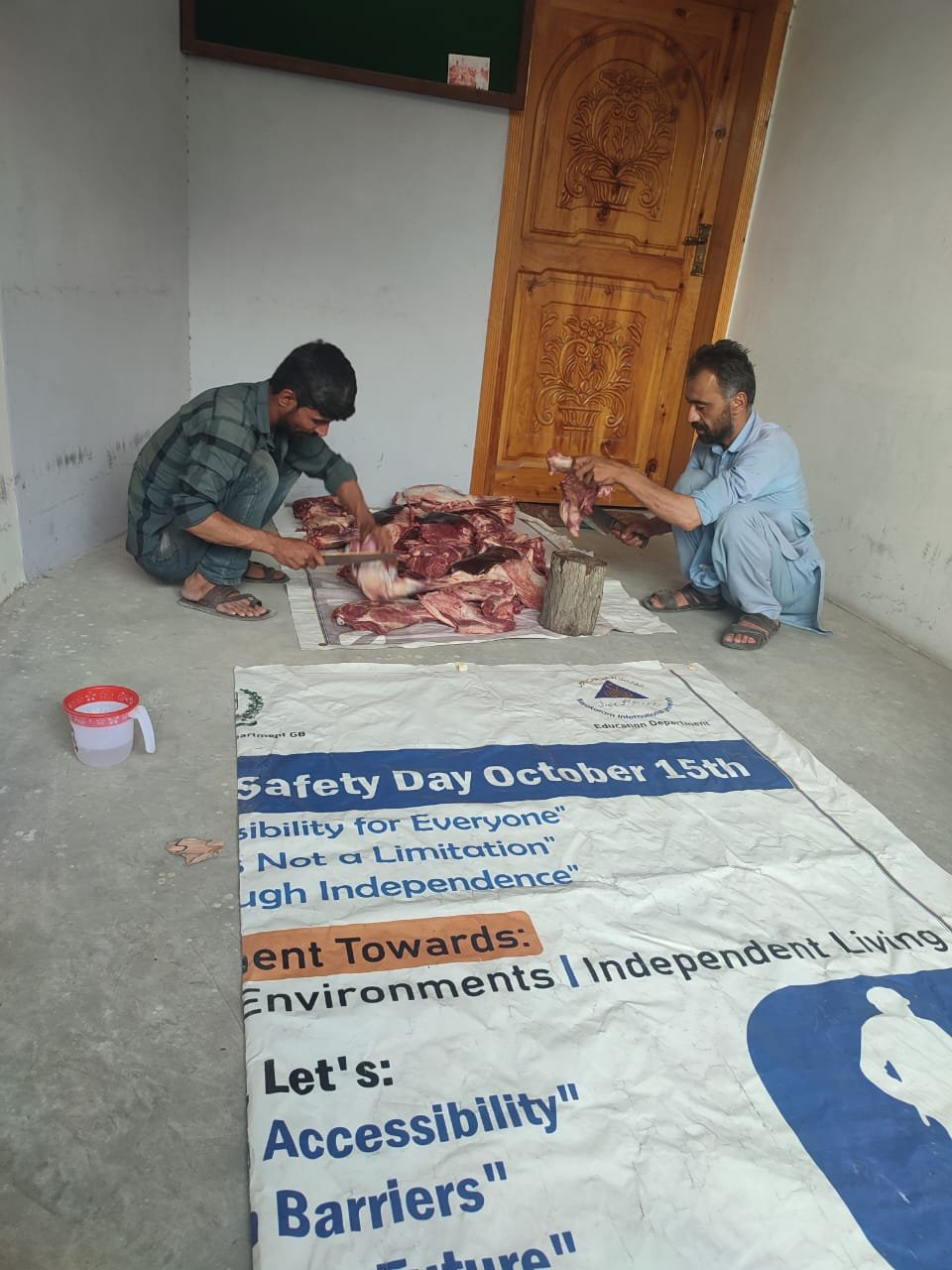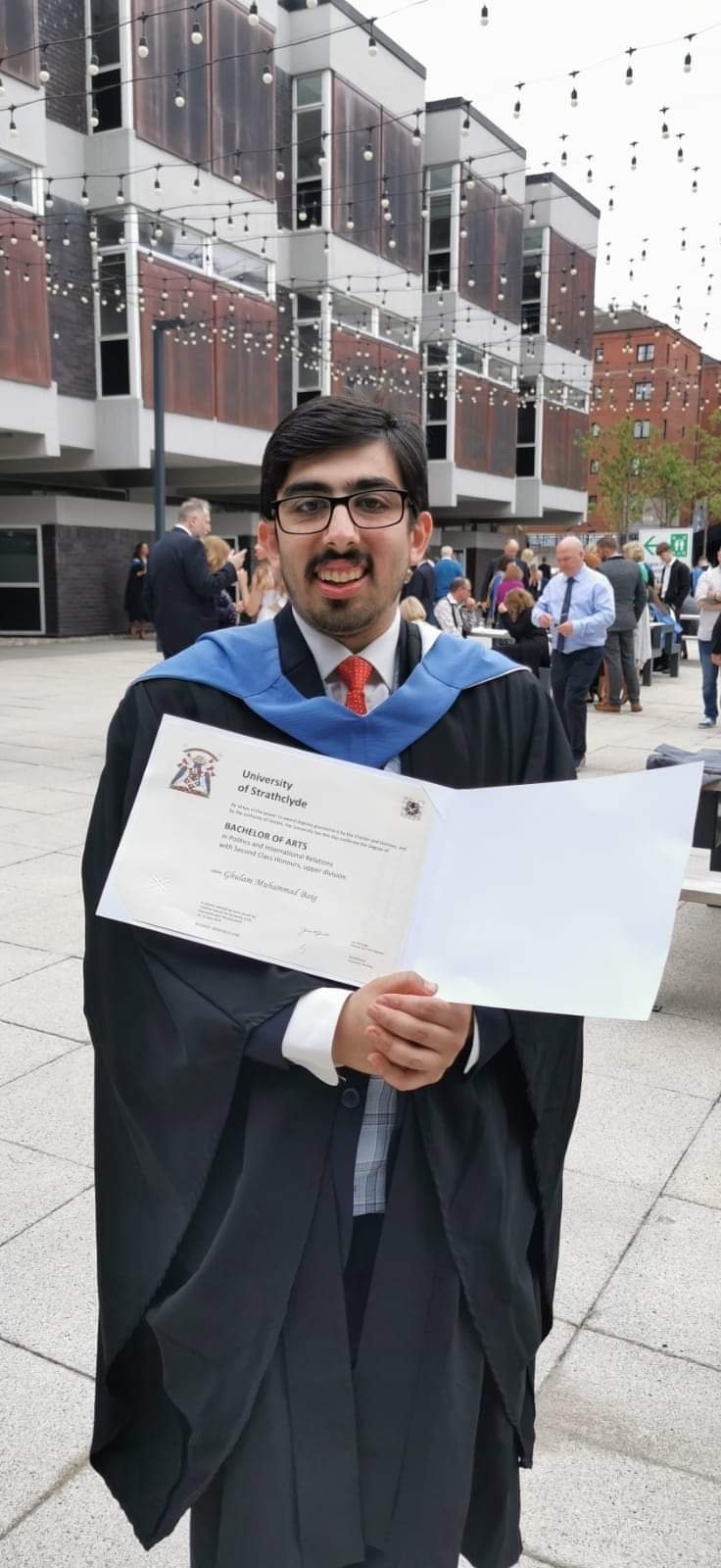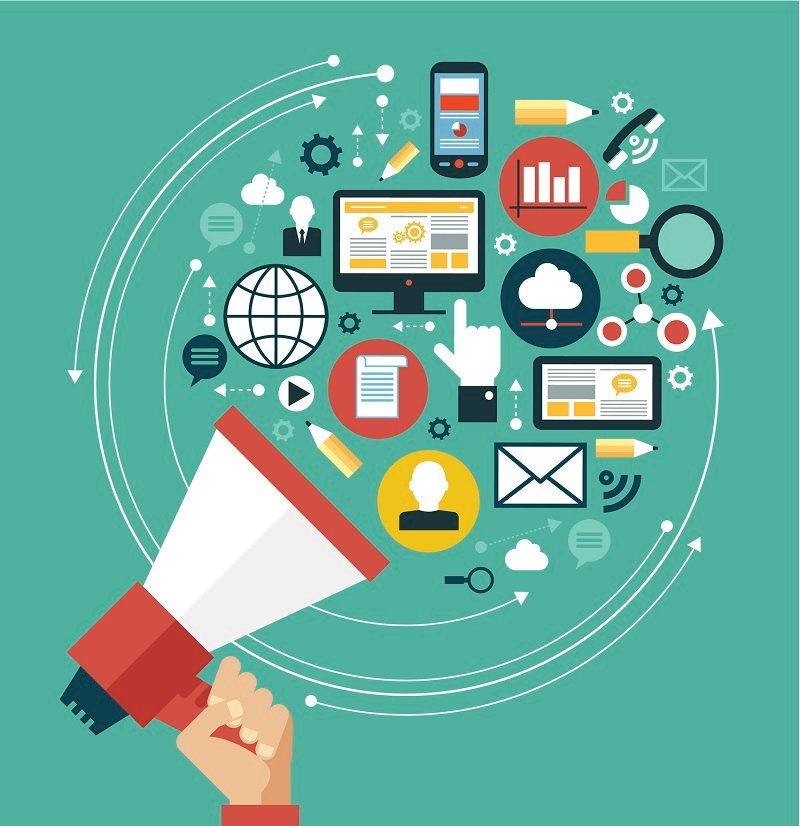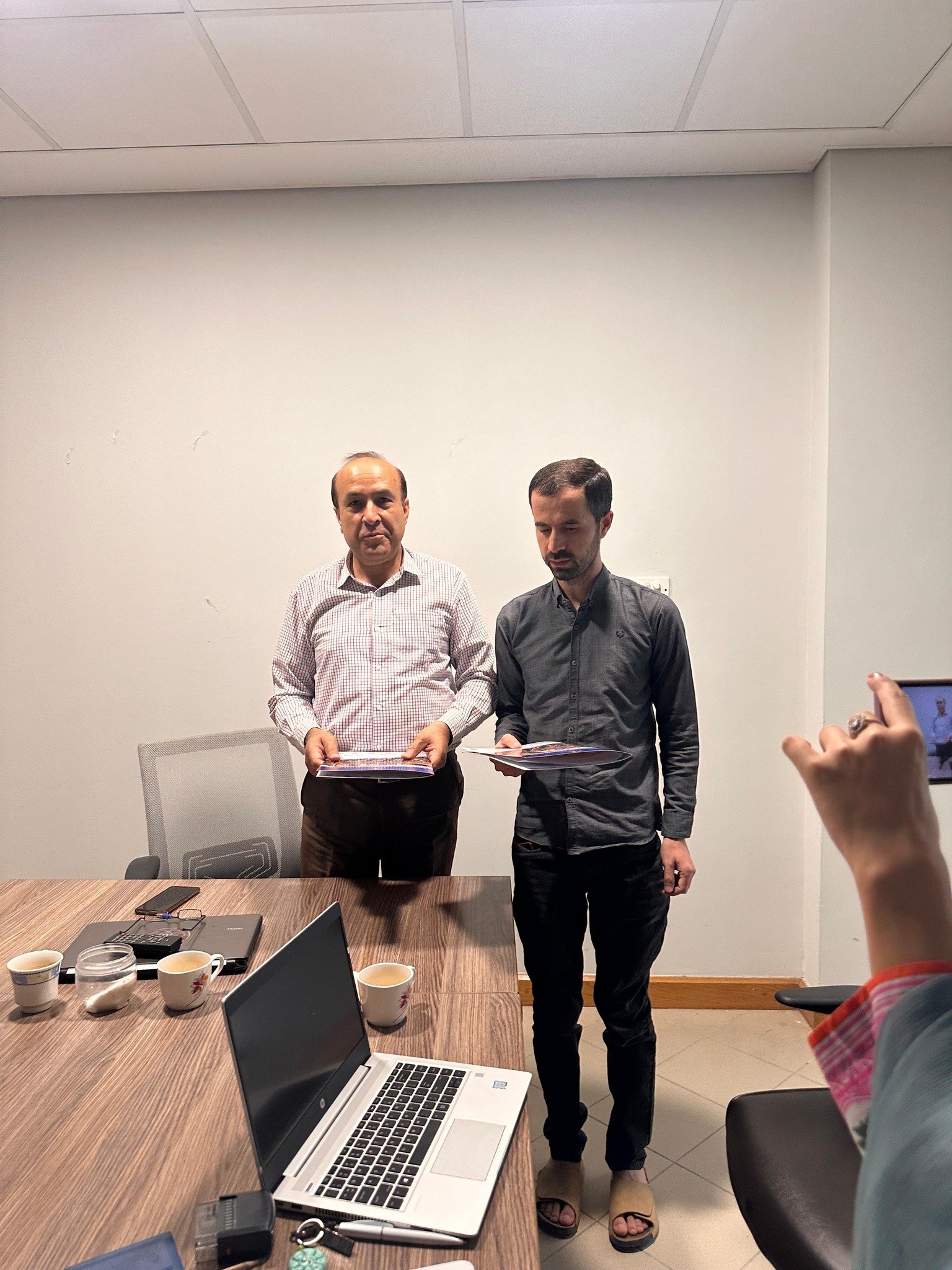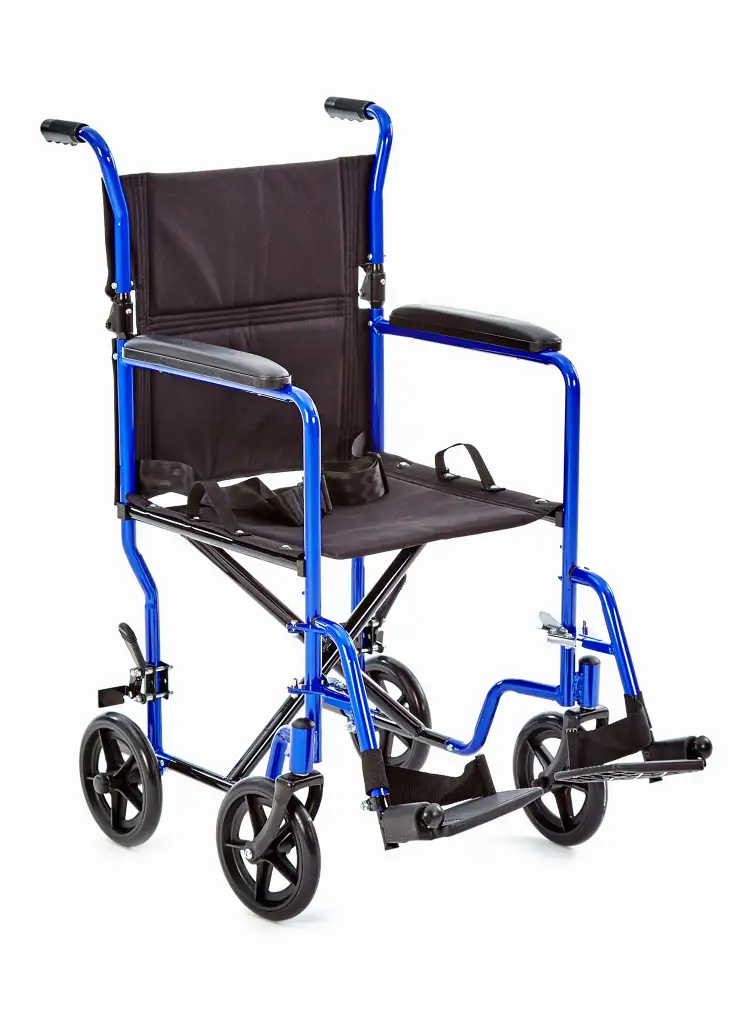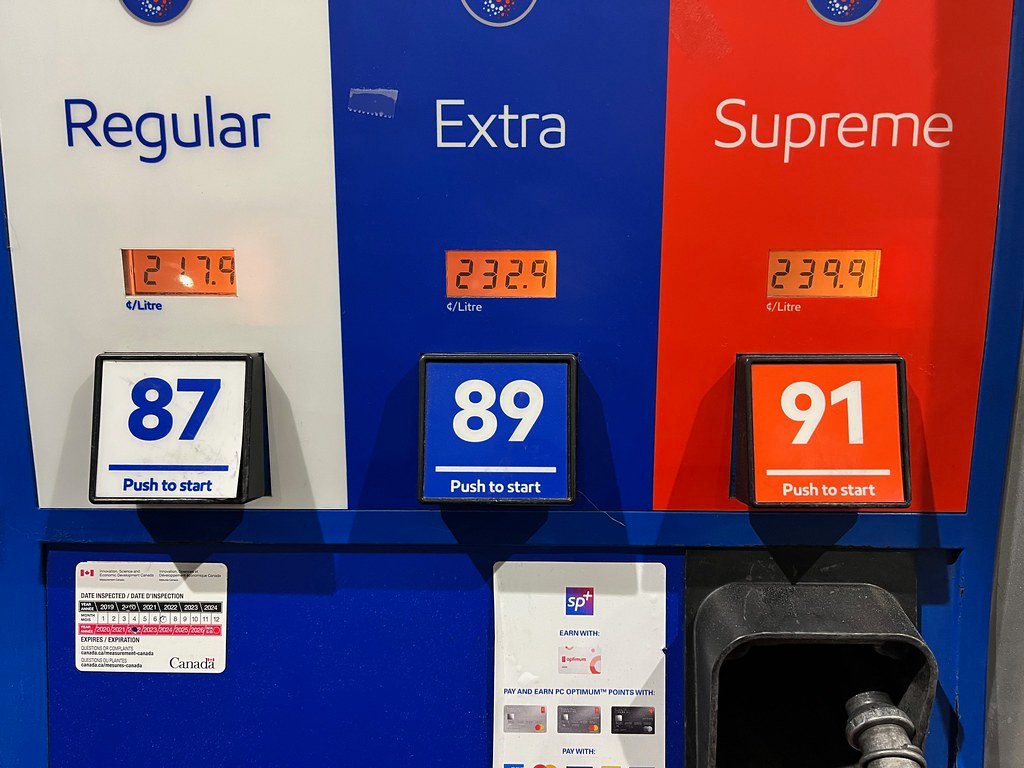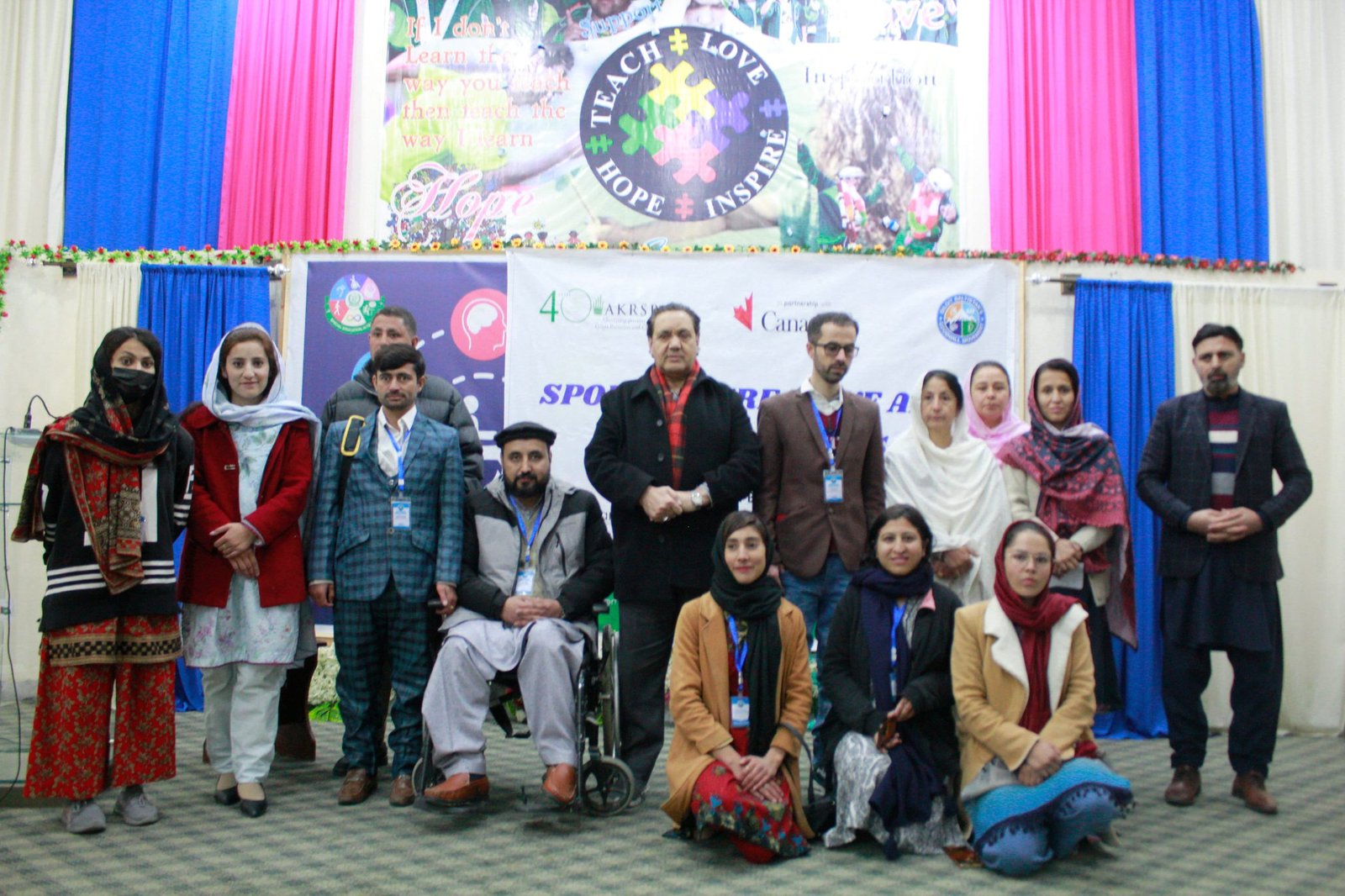Can You See Us? Breaking the Walls of Exclusion in Gilgit-Baltistan
Stop for a moment and picture the mountains here in Gilgit-Baltistan. They are stunning, right? But sometimes, behind that incredible beauty, there is a heavy silence the silence of a community that feels forgotten.
I’m talking about our Persons with Disabilities (PWDs). For them, life is not just about the natural hardship of living in the mountains it’s about a constant, grinding battle against a world that simply was not built for them.
It’s More Than Just a Lack of Ramps. It’s About Dignity.
Imagine trying to live your life when every public space the school, the bank, the clinic is a barrier.
It’s heartbreaking: there are virtually no accessible facilities. No ramps, no suitable bathrooms, and no easy way to get around. This is not just an inconvenience it’s an invisible wall that shouts, “You don’t belong here.” Our friends and neighbors are not disabled by their conditions they are disabled by our society.
And the struggle does not end there:
- No Education, No Future: Many kids can not get an education because local schools are not set up to help them. Without skills, without a degree, they have no hope of a job. They are trapped, and their entire family suffers with them.
- Laws That Don’t Matter: We have laws on the books that promise rights, jobs, and protection, but they are empty words. They are not enforced, and so the people who need them most are left vulnerable, with nowhere to turn.
The Gilgit-Baltistan’s Goodwill Movement: We Won’t Let Them Be Forgotten
That’s why the Gilgit-Baltistan’s Goodwill Movement (GBGM) exists. We are led by people who have lived this struggle, and our mission is simple: We want to make sure every single person here is treated with dignity, has equal opportunity, and can live a full life.
We are not just giving out charity we are investing in human potential.
- Real Skills, Real Jobs: We provide free training teaching digital skills, crafts, and trades. We are turning helplessness into hope, and dependency into self-respect.
- Essential Lifelines: We pay for the things that are too expensive for families to afford: crucial medicines, healthcare support, and devices like wheelchairs, white canes and hearing aids that are literally life changing.
- Our Voice, Their Rights: We are constantly fighting and advocating. We stand up to authorities, demanding that the laws meant to protect PWDs are finally put into action.
This Is Where You Come In. This Is Your Chance to Help.
When you support GBGM, you are not just clicking a “donate” button. You are personally lifting the weight off someone’s shoulders.
You are giving a student a chance to learn. You are giving an artist a way to earn a living. You are giving a family the comfort of knowing their loved one will get the medicine they need.
We can not change the whole world overnight, but together, right here in Gilgit-Baltistan, we can change everything for the people who need us most.
join our movement. Help us break these chains of exclusion and prove that goodwill is not just a kind thought it is an action that saves lives.
Qurbani 2025
The Goodwill Movement is pleased to share that the Qurbani initiative has progressed in two structured phases. On Saturday, the designated day for Qurbani (yesterday), the sacrificial cutting was carried out in accordance with all religious and ethical guidelines.
Eid Mubarak to all supporters of Gilgit-Baltistan’s Goodwill Movement!
May Allah accept your sacrifices and bless you with joy, peace, and prosperity. We extend our heartfelt gratitude to those who have generously donated their Qurbani animals to GBGM. Your kindness will bring smiles to many faces.
Thank you for being part of GBGM’s mission to spread compassion and support those in need.
#eidmubarak#gbgm#Qurbani2025#SacrificeWithPurpose
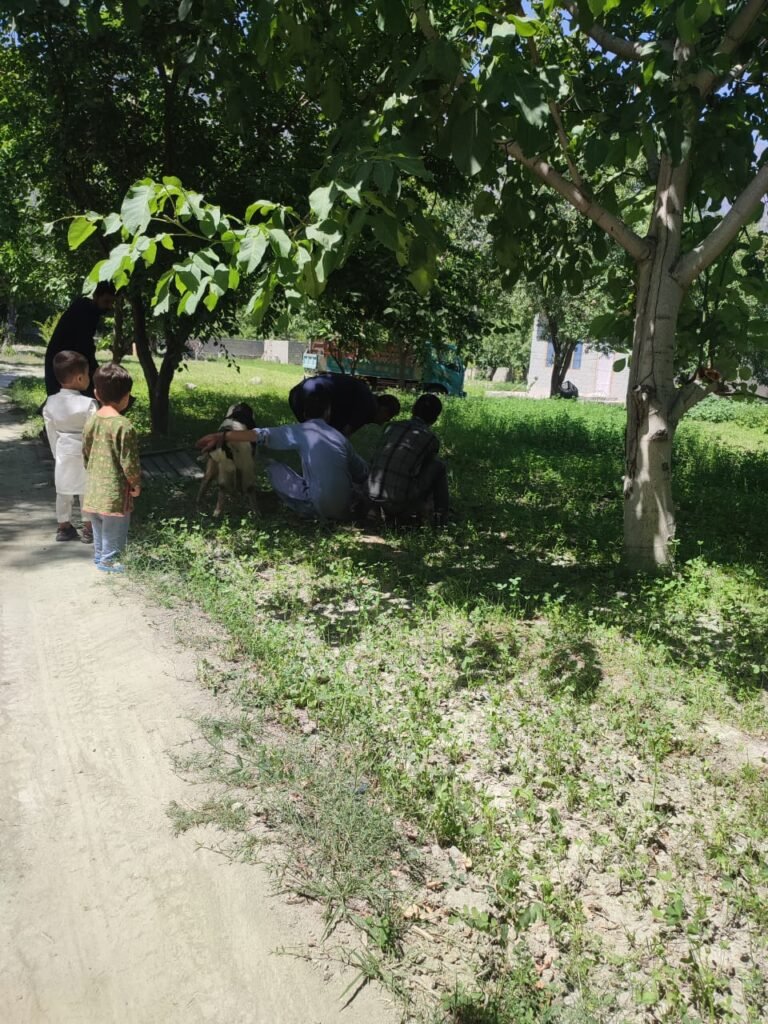
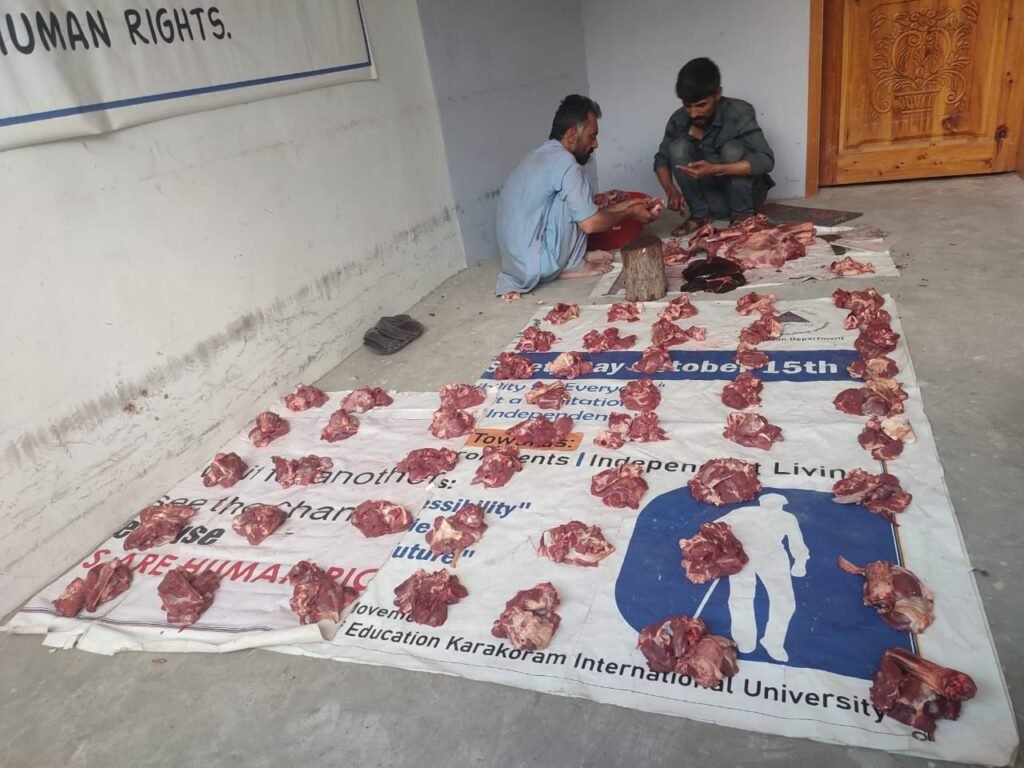
December 3rd: A Day of Empowerment or Just a Show
Every year, December 3rd is celebrated worldwide as the International Day of Persons with Disabilities. The theme for 2024 is Amplifying the leadership of persons with disabilities for an inclusive and sustainable future,” which calls for a stronger leadership role for PWDs in shaping a more equitable world. However, in Gilgit-Baltistan, the government’s efforts to empower persons with disabilities remain mere lip service.
While the government claims to be working for the welfare of persons with disabilities, the reality on the ground is far from satisfactory. The government’s efforts are limited to just observing this day, with no concrete steps taken to address the pressing issues faced by persons with disabilities. The focus is on advertising and showcasing their efforts rather than taking tangible steps to empower persons with disabilities.
One of the major issues is the lack of accessible infrastructure, including schools, healthcare facilities, and public buildings. The government has failed to provide basic facilities, leaving persons with disabilities to fend for themselves. Furthermore, the government has not implemented the GB Disability Act 2019, which was passed by the assembly. The act remains a piece of paper, with no rules or business framed to implement it.
The government needs to take concrete steps to address the issues faced by persons with disabilities. Instead of just distributing assistive devices, the government should focus on creating opportunities for persons with disabilities to become self-sufficient. The government should establish special education complexes in every district, with hostel facilities, so that persons with disabilities can access education and live independently. Moreover, the government should ensure that schools have accessible infrastructure and trained teachers to support students with disabilities.
Let’s make December 3rd a day of true empowerment for persons with disabilities. The government must move beyond mere lip service and take tangible steps to ensure inclusivity and equality for all.
Overseas Pakistanis and inclusion.
On Tuesday, June 25th, 2024, Ghulam Baig, the CEO of Gilgit Baltistan’s Goodwill Movement, celebrated a remarkable achievement by graduating with a BA Honours in Politics and International Relations from The University of Strathclyde in Glasgow, UK. This milestone is particularly significant as Baig becomes the first disabled person from Gilgit Baltistan, Pakistan to graduate from this prestigious institution.
Baig expressed immense pride and gratitude for this achievement, noting that being the first disabled person to graduate from The University of Strathclyde is a great honor. In his conversation with Goodwill Movement, he highlighted the personal and collective significance of this accomplishment. Baig’s journey, however, underscores a broader issue that requires attention: the support and recognition of disabled individuals within Pakistan.
Why must such assets prove themselves at an international level before being appreciated locally?” Baig questioned.
His experiences reflect the challenges and triumphs of the disabled community, emphasizing the need for greater inclusion and support within Pakistan. Baig’s success story serves as both an inspiration and a call to action, urging society to come together and create a more inclusive environment that recognizes and nurtures the potential of all its members, regardless of physical abilities.
This poignant inquiry sheds light on the broader systemic issues faced by the disabled community in Pakistan. Despite their immense potential and talent, individuals with disabilities often find themselves overlooked and underappreciated within their local contexts. This lack of recognition not only undermines their abilities but also perpetuates a cycle of marginalization and limited opportunities.
Several factors contribute to this issue. Cultural perceptions and stigmas associated with disability play a significant role in limiting opportunities for disabled individuals. Many communities in Pakistan still view disability through a lens of pity and charity rather than empowerment and capability, which is not been reduced by the overseas community. This outdated perspective often leads to disabled individuals being underestimated and their potential overlooked.
Furthermore, the lack of accessible infrastructure and inclusive education systems exacerbates the problem. Educational institutions in Pakistan frequently lack the necessary resources and support systems to accommodate disabled students, thereby limiting their educational and professional prospects.
In addressing these challenges, the role of overseas Pakistanis becomes crucial. The Pakistani diaspora, particularly those who have achieved success and recognition abroad, have a responsibility to contribute to the betterment of their homeland. They possess the resources, influence, and global perspective needed to drive meaningful change.
Instead of being overly political with supporting a certain individual, Overseas Pakistanis can also leverage their experiences and networks to advocate for better policies and practices that support disabled individuals. That is the true meaning of Pakistan.
Breaking barriers
Media portrayals of disabled individuals have frequently perpetuated negative stereotypes. This phenomenon, often described as psychological warfare, effectively ‘others’ persons with disabilities, marginalizing them and reinforcing societal prejudices. Such portrayals can lead to the internalization of negative self-images among disabled individuals and perpetuate a cycle of discrimination and exclusion.
Notably, writers like Edward Said and David Arnold have extensively explored the concept of orientalism in India, highlighting how Western narratives have historically constructed the East as the ‘Other.’ Similarly, the representation of disabled individuals in media often follows a pattern of ‘othering,’ where they are depicted as pitiable, dependent, or even as villains, rather than as complex, multifaceted individuals.
The crippled, the dumb, and the mute are often reduced to their disabilities, with their identities and stories overshadowed by their physical or mental conditions. This reductionist view strips them of their humanity and individuality, making it difficult for society to see them as equals. Instead of being portrayed as active participants in their own lives, they are often shown as passive recipients of charity or as burdens on society.
Media portrayals of disabled individuals have often perpetuated negative stereotypes, contributing to a cycle of discrimination and exclusion. These portrayals reduce complex, multifaceted individuals to their disabilities, overshadowing their identities and stories. Instead of being active participants in their lives, disabled individuals are often depicted as passive recipients of charity or burdens on society.
Regarding charity, it symbolizes self-fulfillment when communities or individuals provide for basic needs like food, rations, or medical expenses. However, it often doesn’t extend beyond immediate necessities.
Our Way
Perhaps we should consider an alternative approach: empowering the disabled community to become stakeholders within society. Research shows that disabled employees can significantly impact a company’s revenue, with 30% higher net profits and 111% higher overall net income1. It’s time to rethink our perspectives and create more inclusive narratives. Why haven’t we explored this before? 🤔
Inclusive Education Steps in Gilgit Baltistan
In a landmark initiative, the Goodwill Movement and Karakoram International University’s Department of Special Education have come together to form a powerful alliance dedicated to fostering inclusive education and empowerment for individuals with special needs.
This significant partnership was officially marked by the signing of a Memorandum of Understanding (MOU) between President Farhan Baig of the Goodwill Movement and Dr. Qutoshi, the esteemed Head of the Department of Special Education at Karakoram International University. The MOU signifies a mutual commitment to drive forward inclusive education and provide robust support for individuals with special needs.
Areas of Mutual Interest
- Developing Innovative Programs and Resources: By creating new and effective educational programs and resources, the partnership aims to cater specifically to the unique needs of individuals with special needs, ensuring they receive the highest quality of education.
- Enhancing Teacher Training and Capacity Building Through Braille: Recognizing the critical role of teachers in the educational journey, the alliance will work on enhancing teacher training programs. Special emphasis will be placed on training in Braille, equipping educators with the skills necessary to teach students
- Promoting Accessibility and Inclusivity in Education: The partnership will strive to make educational environments more accessible and inclusive, breaking down barriers that individuals with special needs often face. This will involve both physical accessibility improvements and the creation of inclusive curricula and teaching methods.
Together, the Goodwill Movement and Karakoram International University are committed to creating a more inclusive and equitable society where every individual, regardless of their abilities, has the opportunity to thrive and succeed.





The issues of Wheelchairs
While Gilgit Baltistan’s Goodwill Movement endeavors to address social inequalities through its skills development program, the challenges associated with wheelchairs in the region persist.
Why are we concerned with Wheelchairs?
Under the Convention on the Rights of Persons with Disabilities agreed by the United Nations, a disabled person has the right to dignity and respect.
Under the Convention on the Rights of Persons with Disabilities, which was agreed upon by the United Nations, a disabled person is entitled to dignity, respect, and the full and equal enjoyment of all human rights and fundamental freedoms. This includes the right to accessibility, personal mobility, and the ability to participate fully in all aspects of life on an equal basis with others.
Keeping in mind the challenging terrain of Gilgit Baltistan, it is important to recognize that individuals with wheelchair issues cannot easily navigate the region. The rough and uneven landscape significantly hinders their mobility, making it difficult for them to access essential services, participate in community activities, and enjoy the full rights and freedoms guaranteed to them under the Convention on the Rights of Persons with Disabilities.
Case study of Ghizer
Earlier this week, we received a voice note from an individual who expressed deep concern for his community of wheelchair-bound persons. He conveyed that the challenging terrain of Gilgit Baltistan, coupled with the lack of adequate infrastructure and resources, severely limits their mobility and access to essential services. He highlighted the urgent need for improved facilities and support systems to ensure that individuals with disabilities can live with dignity and participate fully in all aspects of life.
Conclusion
While the Gilgit Baltistan’s Goodwill Movement is making commendable efforts to address social inequalities through its skills development program, the persistent challenges faced by wheelchair users in the region cannot be overlooked. The rugged terrain and insufficient infrastructure severely limit their mobility and access to essential services. It is imperative that greater attention and resources be directed towards improving conditions for individuals with disabilities, ensuring they can exercise their rights to dignity, respect, and full participation in society, as mandated by the Convention on the Rights of Persons with Disabilities. The voices of those directly affected must be heard and addressed to create an inclusive and accessible environment for all.
Inflation Rate and cost of a disabled persons’ life
With inflation rates soaring to a staggering 28.5% in Pakistan, the economic burden disproportionately affects individuals living with disabilities. This alarming inflation moving beyond Eid and Ramadan, not only undermines the purchasing power of the general population but also exacerbates the financial challenges faced by disabled individuals and their families. For them, the impact of inflation is profoundly amplified, as they often have additional expenses related to healthcare, assistive devices, and accessibility accommodations.
In the past three years following the registration of the organization in Gilgit Baltistan, residents have grappled with a notable uptick in the prices of essential commodities such as fuel, food, and clothing. This surge in costs has cast a shadow over the region, rendering routine tasks that were once easily accomplished in the earlier part of the decade now significantly more challenging.
Previously, simple endeavors and everyday activities that were undertaken with ease during the 2020s are now met with obstacles due to the financial strain inflicted by the escalating prices. What once may have been a straightforward endeavor, whether it be commuting to work, purchasing groceries, clothing, has transformed into a burdensome undertaking for many residents.
The repercussions of this economic shift ripple through the fabric of daily life, impacting individuals and families alike. Transportation costs have surged, making it more arduous for individuals to travel for work or other essential activities. The affordability of basic necessities, such as food staples, has dwindled, forcing families to navigate tighter budgets and potentially compromising their nutritional intake. Moreover, the rising costs of clothing pose additional challenges, especially for those already grappling with financial constraints.
This adverse economic trend not only strains the livelihoods of the local populace but also underscores broader socioeconomic challenges facing Gilgit Baltistan. While the exact causes of these price hikes may vary, ranging from global market fluctuations to local economic policies, the repercussions are felt acutely by the disabled community
International WheelChair Day
Celebrating Mobility, Accessibility, and Inclusion
Every year, on March 1st, people around the world celebrate International Wheelchair Day. This day serves as a reminder of the importance of mobility, accessibility, and inclusion for individuals with disabilities. It’s a time to recognize the challenges faced by wheelchair users and to promote awareness and understanding of their needs within our communities.
History and Significance
International Wheelchair Day was first observed in 2008. The day aims to highlight the achievements and contributions of wheelchair users while raising awareness about the barriers they encounter in their daily lives. It also provides an opportunity to celebrate the advancements in wheelchair technology, accessibility, and the ongoing efforts to create more inclusive societies.
Promoting Accessibility and Inclusion
Accessibility is a fundamental aspect of inclusivity. International Wheelchair Day encourages individuals, businesses, and communities to take proactive steps towards improving accessibility in public spaces, transportation, and infrastructure. From wheelchair ramps to accessible restrooms, these modifications not only benefit wheelchair users but also create a more inclusive environment for everyone.
Empowering Wheelchair Users
Wheelchairs are not just mobility aids; they are tools of empowerment. They enable individuals with disabilities to navigate the world, pursue their passions, and participate fully in society. International Wheelchair Day celebrates the resilience, strength, and achievements of wheelchair users, highlighting their contributions in various fields, including sports, education, arts, and business.
Advocacy and Awareness
International Wheelchair Day serves as a platform for advocacy and awareness-raising initiatives. It’s an opportunity to challenge stereotypes, dispel myths, and promote a more inclusive mindset towards disability. By sharing stories, experiences, and insights, we can foster greater empathy, understanding, and support for individuals living with mobility impairments.
Celebrating Diversity and Resilience
Each wheelchair user has a unique journey and story to tell. International Wheelchair Day is a celebration of diversity, resilience, and the human spirit. It’s a day to honor the accomplishments of individuals who have overcome obstacles and defied societal expectations, inspiring others to embrace their own strengths and capabilities.
Looking Towards the Future
While progress has been made in advancing accessibility and inclusion, there is still much work to be done. International Wheelchair Day serves as a reminder of the ongoing challenges faced by wheelchair users and the collective responsibility to create a more equitable and inclusive world.
As we commemorate International Wheelchair Day, let us reaffirm our commitment to breaking down barriers, promoting accessibility, and embracing the diversity of human experience. Together, we can build a society where everyone, regardless of ability, can thrive and participate fully in all aspects of life.

